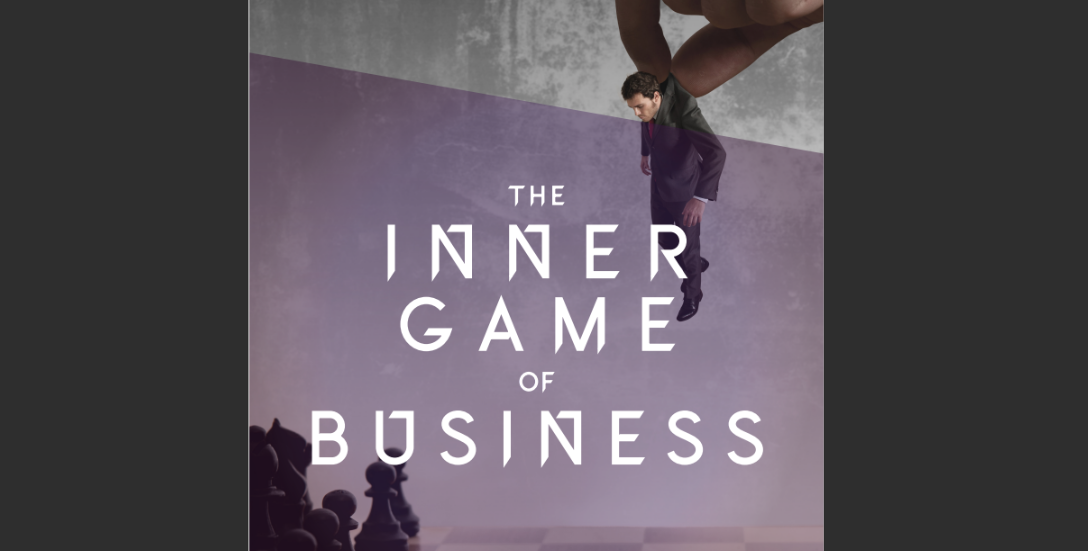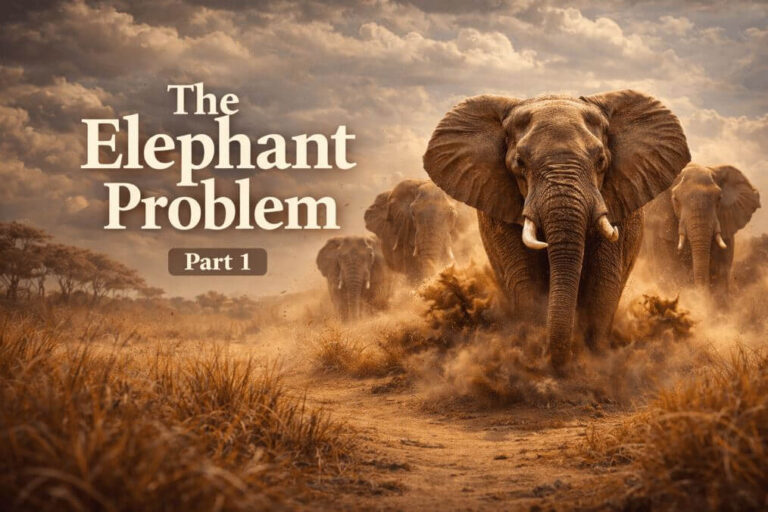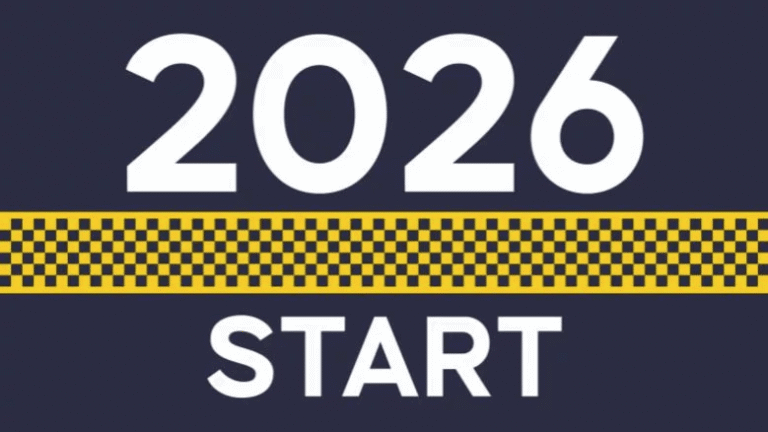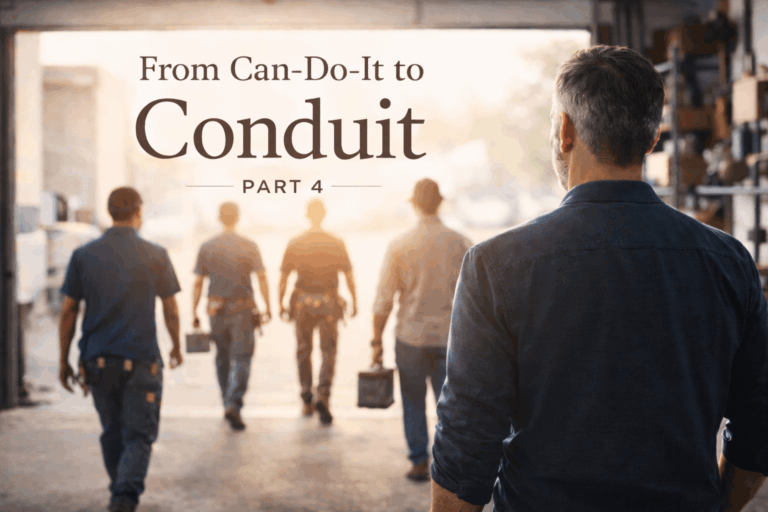Your biggest competitor is your ego.
Not only is a swollen ego your biggest competitor, it’s also the greatest threat to your future success. In my experience with small business owners, I can safely state that when an owner’s business decisions are being driven by the needs of their ego rather than informed data, it’s never a question of if the business will stall or slide into decline, it’s only a matter of when.
I’m not the only one who has observed this. Celebrated business expert and author, Jim Collins, writes about it in his book How The Mighty Fall. In the book, Collins sites ego as the first step in the decline of previously great companies. He refers to it as “Hubris born of success.” He goes on to explain how some business leaders overestimate their own contribution to the success of their company and underestimate the impact made by other forces, including luck. This mindset often results in the company’s fall.
Isn’t this the paradox of success? The more successful we become, the more likely we are to get lulled into believing we had more to do with it than we actually did. It feeds our ego. We start believing our own press clippings, admiring our trophy case, and beginning to feel invincible. When we combine our inflated ego with our need to compete and win, it’s easy to feel like a bear poised beside a waterfall, waiting to catch our next meal. Unfortunately, the reality is that we’re actually the proverbial salmon swimming toward our inglorious end.
As Andrew Kerr writes in his book The Humility Imperative, “Humility helps to counteract this situational blindness and thereby can prevent some mistakes from ever happening. Humility serves as a kind of antidote to combat our natural tendency toward overconfidence.”
Harold Geneen, the former head of ITT, stated, “The worst disease which can afflict business executives in their work is not, as popularly supposed, alcoholism; it’s egotism.”
Some have suggested that an executive’s uncontrolled ego is rooted in insecurity, fear, and a dislike for brutal objectivity. This point is magnified in small businesses where the owner rarely has a board of directors or outside investors to help hold them accountable … and grounded! Most business owners are rulers of their own kingdom, and they prefer it that way.
Business owners are conditioned to view their competitors as “the other guys down the street” who perform similar services or who make the same products as their company. Considering the competitive nature of many of us, this is no surprise. We prefer a rival we can see. It’s also easier to compete with someone or something other than ourselves, rather than compete with becoming a better version of ourselves. That takes a lot of work and usually involves a lot of discomfort.
To compete with ourselves, we first must acknowledge that we have room to grow; that we don’t know everything there is to know. And then to be open to outside counsel. At some point in almost every person’s life their ego resists letting them do this. As a result, personal growth either stalls or shuts down completely. And when a business owner’s personal growth stalls, so does the business they’re leading.
While all these factors can temporarily influence the performance of our company, they are not the greatest forces of competition we face.
Research on CEOs of large corporations conducted by Chris Zook and James Allen for their book The Founder’s Mentality reported “a remarkable 94 percent of barriers cited by large-company executives had their roots in internal dysfunction and lack of internal capabilities.” In small businesses this dysfunction starts at the top with the owner and frequently involves their ego.
Returning to author Jim Collins, in his book Good to Great he writes, “Level 5 leaders channel their ego needs away from themselves and into the larger goal of building a great company.” Collins goes on to state that a Level 5 leader “builds enduring greatness through a paradoxical blend of personal humility and professional will.” If these Level 5 traits lead to enduring greatness in large, multinational companies, imagine the impact they can have on small businesses!
A swollen ego doesn’t just manifest itself as boastfulness, arrogance, or humble bragging. Sometimes it’s much more subtle. It can reveal itself in an unwillingness to listen to advice or to consider different opinions—especially from people less experienced, less educated, or whose paychecks we sign. It also manifests itself as an unwillingness to be coached.
It shows up in an unhealthy fear of failure, or fear of being embarrassed or looking bad in front of our peers.
As a business owner it’s easy to fall into the trap of believing that the best way to grow a business is to flaunt our position and our ego. Don’t fall for it. Some of the greatest figures in history, people such as Jesus Christ, Buddha, Abraham Lincoln, Nelson Mandela, Mahatma Gandhi, and Mother Teresa, not only changed the world, but changed the way the world thinks … and they did it with humility.
Since it’s the extremely rare employee who will step forward to let the boss know that their ego is getting in the way (because these brave souls frequently end up with “former” in front of their titles—this by itself being an example of an inflated ego), I’m sometimes asked by owners how they can tell if their ego is a problem. In these situations, I mention that there are some easy, tell-tale signs to look for. Pay attention to things like…
- how often you apologize to your people for your behavior (anger, insensitivity, arrogance, etc.) or when you screw up. Do you own your mistakes? Or do you blame other people or events for your shortcomings?
- how freely you thank people for the contributions they make to your company, for the support they’ve shown you, or for their accomplishments.
- how much effort you put into growing your people, even when doing so could challenge your own skills or position. This is an essential part of growing a business that does not have an unhealthy dependence on us.
- how free your people feel to disagree with you or to respectfully challenge your decisions. If our people aren’t questioning or challenging us, it’s not because they think we already have all the answers. It’s because they don’t feel safe doing so, which is usually an indication that our ego can use some help.
Owning a business and having loyal employees is an incredible privilege. The responsibility that accompanies this privilege is to manage our ego, look beyond ourselves, and acknowledge the people and events that got us to where we are.



